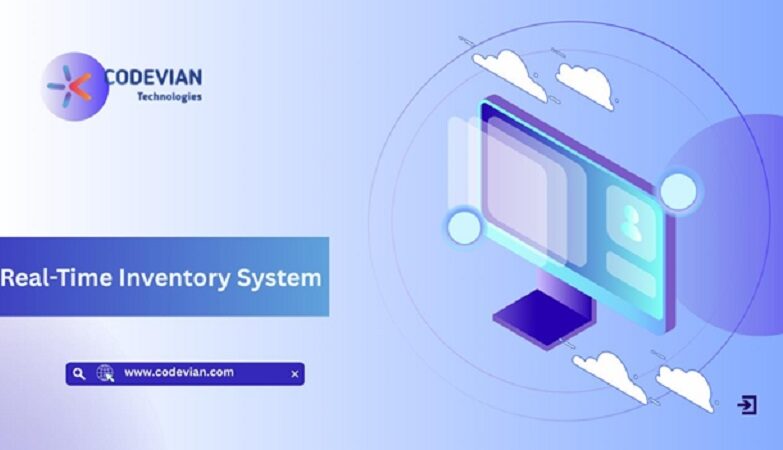In the fast-paced digital world, servers play a pivotal role in storing, managing, and delivering data across networks. The heart of any server lies in its hard disk, a crucial component that dictates its performance, reliability, and storage capacity. Understanding the nuances of server hard disks is essential for anyone involved in managing IT infrastructure. In this article, we’ll delve into everything you must know about server hard disks, from their types and key features to considerations for optimal performance.
Are you in search of Dell and HPE servers?
Look no further than Server Store, a subsidiary of Comprint Tech Solutions. Discover your comprehensive destination for all things related to Dell Servers and HPE Servers.
Types of Server Hard Disks
HDD (Hard Disk Drive):
HDDs are the traditional workhorses when it comes to server storage. They use spinning disks to read and write data, providing reliable storage at a lower cost per gigabyte. However, they are slower compared to newer technologies and are more susceptible to mechanical failures due to their moving parts.
SSD (Solid State Drive):
SSDs have gained immense popularity in recent years due to their lightning-fast performance and robustness. Instead of spinning disks, they use flash memory to store data, resulting in significantly faster data access times and lower power consumption. SSDs are ideal for applications that require rapid data retrieval, such as databases and virtualization environments.
NVMe (Non-Volatile Memory Express):
NVMe is a protocol that accelerates the communication between the server’s storage subsystem and the CPU. NVMe SSDs offer even higher performance compared to traditional SSDs, thanks to their ability to handle a higher number of input/output operations per second (IOPS). These drives are often used in high-performance computing and data-intensive applications.
Key Features and Considerations
Capacity:
Server hard disks are available in various capacities, ranging from a few hundred gigabytes to multiple terabytes. It’s important to choose a capacity that suits your server’s storage requirements while leaving room for future growth.
Performance:
The performance of a server hard disk is a critical factor. SSDs and NVMe drives outperform traditional HDDs in terms of data transfer speeds, IOPS, and latency. Consider the nature of your applications to determine the right balance between performance and cost.
Reliability:
Reliability is paramount in server environments. SSDs are generally more reliable than HDDs due to their lack of moving parts, which reduces the risk of mechanical failure. Additionally, many SSDs come with features like wear-leveling and power loss protection to enhance data integrity.
Endurance:
SSDs have a limited number of write cycles before they start degrading. Enterprise-grade SSDs offer higher endurance through advanced wear-leveling algorithms and overprovisioning. For mission-critical applications, consider SSDs designed for longevity.
RAID (Redundant Array of Independent Disks):
RAID configurations enhance data protection and performance by combining multiple hard disks into a single logical unit. Various RAID levels offer different trade-offs between redundancy and performance, so choose a level that aligns with your needs.
Hot-Swapping:
Hot-swappable hard disks allow you to replace a failed drive without shutting down the server, minimizing downtime. Ensure that your server hardware supports this feature if uninterrupted operation is crucial.
Optimizing Server Hard Disk Performance
Proper Capacity Planning:
Estimate your storage needs accurately to prevent overprovisioning or underprovisioning. This helps you save costs and ensure smooth operations.
Use the Right Type of Drive:
Choose the appropriate hard disk type based on your workload. Use SSDs or NVMe drives for applications requiring high-speed data access, and HDDs for less critical storage.
Implement RAID:
RAID configurations can improve both performance and data protection. Research and choose the RAID level that suits your server’s requirements.
Regular Monitoring and Maintenance:
Implement monitoring tools to keep an eye on hard disk health and performance. Replace failing drives promptly to prevent data loss.
Backup and Redundancy:
Even with reliable hard disks, data loss can occur. Implement regular backups and redundancy strategies to ensure data integrity.
Conclusion
Server hard disks are the backbone of modern IT infrastructure, dictating the performance, reliability, and storage capabilities of servers. Choosing the right type of hard disk for your server environment is crucial for optimal performance and data integrity. While HDDs offer
cost-effective storage, SSDs and NVMe drives provide unmatched speed and reliability. By understanding the key features, considerations, and best practices for server hard disks, you can ensure that your server environment runs smoothly, efficiently, and with minimized downtime.








